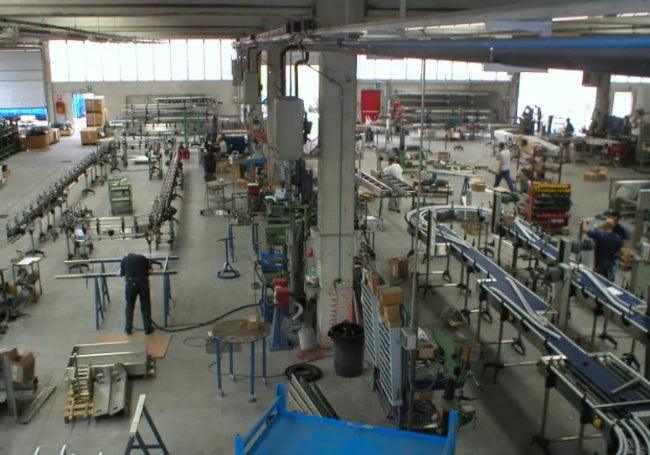Factories around the world are struggling

Global manufacturing activity has been hit hard by supply chain bottlenecks and rising costs, while outbreaks and power cuts (port congestion, factory production cuts, and shipping reliability are the lowest in history.
The "most stringent power restrictions" hit Chinese factories and container shipping was hit hard again) leading to factory shutdowns in Asia and signs of slowing economic growth in China.
While economic activity has improved in countries where Delta coronavirus outbreaks have subsided, growth has slowed in some countries as chip shortages and supply disruptions affect countries that are still struggling to recover from COVID-19.
Manufacturing growth in the eurozone and the UK remains strong, but activity is affected by logistics problems, product shortages, and labor tightening, which are likely to persist and maintain high inflationary pressures.
While some bottlenecks will begin to ease soon, many industries-especially those that need semiconductors-are likely to face disruptions for most of 2022.
This suggests that economic activity may be restricted for some time to come.
IHS Markit's final manufacturing purchasing managers' index (PMI) fell to 58.6 in September from 61.4 in August, while the UK PMI index fell for the fourth consecutive month, from 60.3 to 57.1.(any value above 50 indicates growth)
Factories in Germany, Europe's largest economy, operated almost undisturbed during the pandemic blockade affecting services, but shortages of intermediate goods and some raw materials are now hampering industrial development.
Its purchasing managers' index showed that French manufacturing growth was weaker than initially expected as commodity supply problems put pressure on the industry.
These supply bottlenecks put pressure on the cost of raw materials for factories, with manufacturers passing on some of the price increases to customers and the eurozone output price index nearing an all-time high set in the summer.
Inflation in the common currency area jumped to a 13-year high of 3.4 percent last month, well above the ECB's 2.0 percent target, according to preliminary official figures released on Friday.
U. S. manufacturing growth also weakened last month.
China's weakening economic momentum has dealt a fresh blow to the region's growth prospects, with Thursday's official purchasing managers' index showing factory activity unexpectedly contracted in September as a result of broader curbs on electricity use. Guangdong, Jiangsu, Yunnan, Zhejiang... "The strictest power restriction in history" swept many provinces, and some enterprises stopped production and limited production, ushering in new challenges for foreign trade export.
Signs of weakening the world's second-largest economy are casting a shadow over the prospects of its neighbors.
Although the restrictions on economic activity imposed by the coronavirus may gradually be lifted, the slow pace of this situation means that Southeast Asia can no longer bear it.
The economy of Southeast Asia will stagnate for the rest of the year by abandoning zero clearance and unblocking the industrial chain.
Manufacturers in Japan, the world's third-largest economy, are under pressure from pandemic restrictions and increased supply chain disruptions as well as raw material shortages and delivery delays, with its purchasing managers' index marking its slowest pace of expansion since February.
Factory activity in Taiwan continued to expand, but at its slowest pace in more than a year, while Vietnam's index remained unchanged.
Purchasing managers' indices rose in South Korea, India, and Indonesia.
While the regional purchasing managers' index shows that the disruption caused by the massive virus wave in the region is easing, unfulfilled orders continue to pile up, which means that the resulting supply shortages in the lower reaches of the supply chain will persist for some time.
Asian emerging economies, once seen as drivers of global growth, have lagged behind advanced economies in recovering from the pain of a pandemic. as delays in the introduction of vaccines and a surge in delta mutation cases have severely suppressed consumer activity and factory production activity.
What do you think of this?
WE RECOMMEND
Related posts
- Subscribe MedInsights
- Subscribe MedInsights
- Subscribe MedInsights
- Subscribe MedInsights
- Subscribe MedInsights










